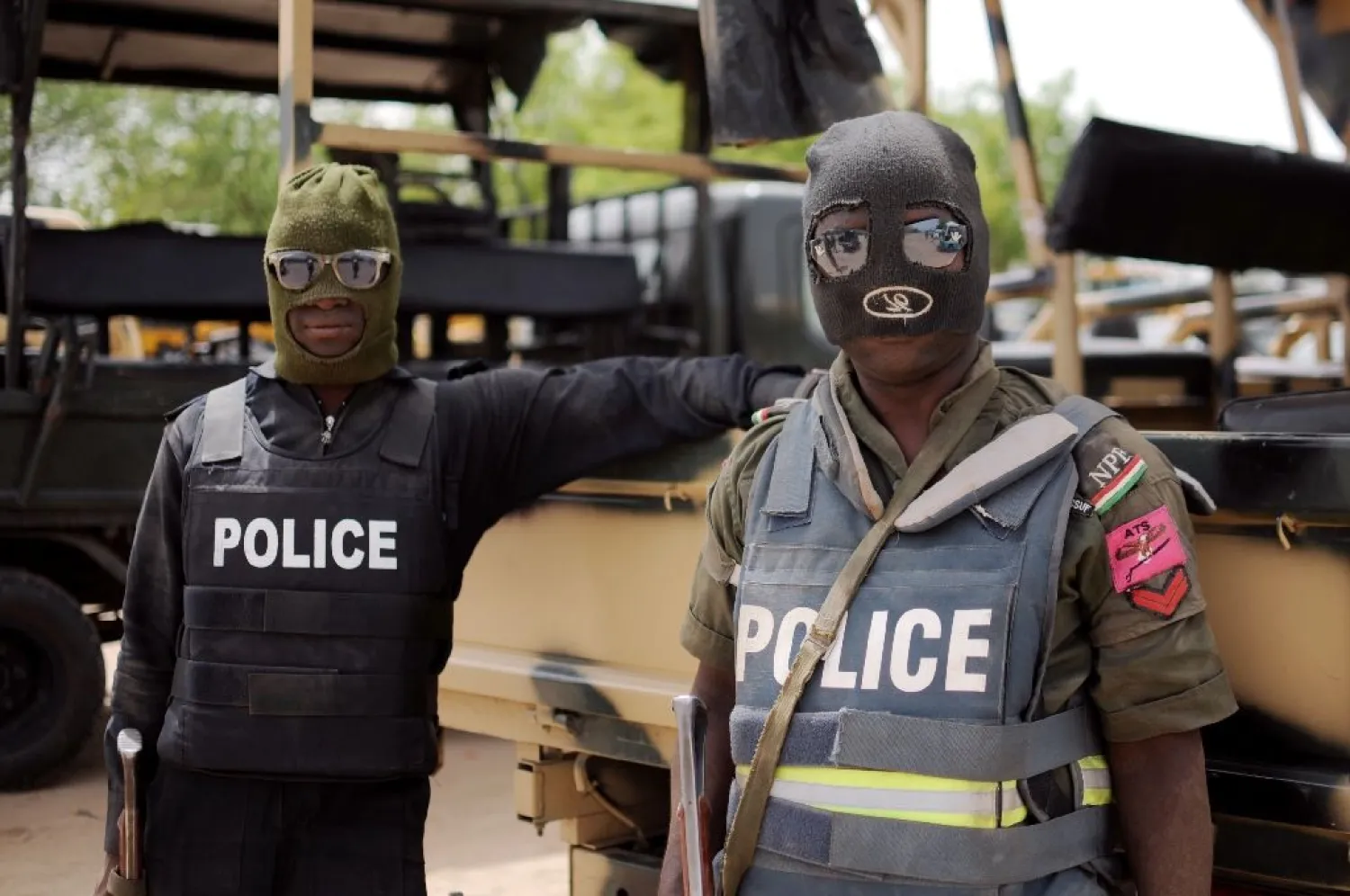Two Americans and two Canadians have been freed after being kidnapped in the northern Nigerian state of Kaduna, a police spokesman said on Saturday.
The Westerners were ambushed by unknown gunmen on Wednesday while traveling from the town of Kafanchan in Kaduna state to the capital, Abuja. Kafanchan is more than three hours' drive northeast of Abuja.
Mukhtar Aliyu, a spokesman for Kaduna state police, said they were freed on Friday.
"It was the efforts of the police, through the directive of the inspector general of police, that yielded their release last night," he said. Aliyu said no ransom was paid.
The road connecting Abuja and Kaduna has long been targeted by abductors.
Kidnapping, usually for ransom, is common in parts of Nigeria, though abductors usually target other Nigerians.
However, the kidnapping of foreigners is not uncommon.
Police told AFP on Friday that five oil workers have been kidnapped in Nigeria's restive southern Niger Delta region.
Suspected militants seized the workers on Wednesday near the Ajoki community, which borders Edo and Delta States, said Delta State police spokesperson Andrew Aniamaka.
The workers are employees of Sahara Energy Oil Company, a Nigerian energy firm.
The incident happened a few hours after the Niger Delta Avengers (NDA), a rebel group known to attack oil pipelines, issued a statement warning the government it was ending a 2017 ceasefire agreement.









